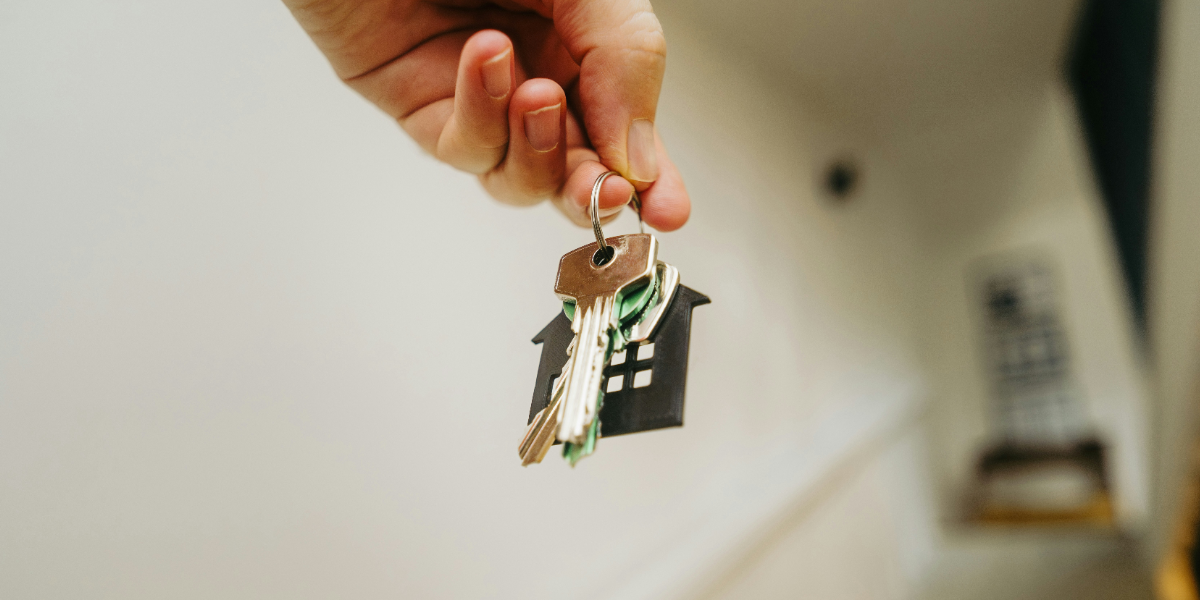
A Step-by-Step Guide on How Home Loans Work in the Philippines
Home loans aren’t one-size-fits-all. Choosing the right one ensures affordable and stress-free homeownership.
Key Points to Remember About Home Loans
• Home loans make buying a home possible through banks, Pag-IBIG, SSS, or in-house financing.
• Approval relies on financial readiness, income stability, and good credit.
• Comparing loan types, terms, and rates helps you find the most affordable option.
Most Filipinos dream of owning a home someday—a place they can truly call their own. But buying a house is a major financial commitment, and very few can afford to pay for it in full. This is where housing loans come in. They make homeownership possible by allowing buyers to spread payments over time.
Today, there are several financing options available to fit different needs and budgets. This guide will explain the meaning of a home loan and what to consider before applying. You’ll also learn about requirements, financing options, and tips to improve your chances of loan approval.
What is a Home Loan?
A home loan is money borrowed from a bank or lender to buy, build, or improve a house. Instead of paying the full property price, you borrow and repay it in monthly installments with interest.
In the Philippines, a home loan means access to financing that helps Filipinos achieve property ownership through banks, Pag-IBIG Housing Loans, and in-house developer offers. It can be used to purchase a condo, construct a new home, or renovate an existing property.
How Do Home Loans Work in the Philippines?
Before applying for a home loan, it helps to know the steps involved. Here’s an overview:
• Application: Submit the required forms and documents to your chosen bank or lender.
• Evaluation: The lender reviews your income, credit history, and repayment capacity.
• Approval: Once qualified, the loan is granted with agreed terms such as the amount, interest rate, and repayment schedule.
• Disbursement: The bank releases the funds directly to the property seller or developer.
• Repayment: You make monthly payments covering both principal and interest until the loan is fully settled.
Now that you know the process, the next step is to carefully weigh what factors to consider before getting a housing loan.
5 Factors to Consider Before Getting a Housing Loan
Before taking out a housing loan, keep these factors in mind:
1. Income Stability
Ensure your income can support monthly payments over the long term. Consider job security and possible changes in your finances.
2. Interest Rates
Compare offers from different banks. Even small rate differences can mean big savings over time.
3. Loan Amount
Borrow only within your budget to avoid financial strain later on.
4. Fees
Factor in processing fees, insurance, and penalties, as these can raise your total loan cost.
5. Lifestyle adjustments
Be ready to adjust your spending since monthly dues may limit your flexibility for other expenses.
Types of Home Loans
Borrowers can choose from different housing loan options based on their needs. Home purchase loans cover ready-for-occupancy houses or condos, while lot-only loans finance residential lots.
Construction loans provide funds for building, and renovation loans support repairs, extensions, or remodeling. To manage existing debt, consider refinancing loans to lower interest rates or adjust payment terms for easier repayment.
With these loan types in mind, the next step is to look at the financing options Filipinos can tap into when buying a home.
Housing Financing Options in the Philippines
Filipinos have several financing options to choose from when buying a home, each with its benefits and considerations. Below is a table of the common financing options available in the country:
| Bank Financing | Private banks (e.g., RCBC) | Flexible loan terms, competitive interest rates, wide range of loan amounts | Flexible loan terms, competitive interest rates, wide range of loan amounts |
| Pag-IBIG Housing Loan | Flexible loan terms, competitive interest rates, wide range of loan amounts | Lower interest rates, repayment terms of up to 30 years, and accessible to Pag-IBIG members | Requires active Pag-IBIG membership; processing time can be longer |
| SSS Housing Loan | Social Security System | Available for SSS members; designed mainly for low- to middle-income families; fixed interest rates | Limited maximum loanable amount; stricter eligibility criteria; only available for certain housing purposes |
| In-House Financing | Real estate developers | Faster approval, less stringent requirements, directly payable to the developer | Higher interest rates compared to banks or Pag-IBIG; shorter repayment terms |
Who Can Apply for a Home Loan?
After knowing your options, the next question is: who is eligible to apply for these home loans? Generally, applicants must be:
• At least 21 years old but not older than 65 at loan maturity.
• Filipino citizens or foreigners with permanent residency.
• Employed, self-employed, or overseas Filipino workers (OFWs) with stable income.
Banks assess eligibility through:
• Income level: Must meet minimum requirements.
• Credit history: Good payment records improve approval chances.
• Debt-to-income ratio: Existing debts must not exceed a certain percentage of your income.
• Collateral value: The property serves as security for the loan.
What are the Requirements for a Home Loan?
Each bank has its own checklist, but standard housing loan requirements include:
• Completed application form
• Valid IDs
• Proof of income (payslips, ITR, or COE)
• Bank statements
• Property documents (e.g., title, contract to sell, tax declaration)
• Marriage certificate, if applicable
How Much Can I Borrow for a Housing Loan?
The amount you can borrow for a housing loan depends on several factors. Lenders typically allow monthly amortizations to take up only 30% to 40% of your monthly income to ensure affordability.
The property’s appraised value also plays a role, with most banks financing around 70% to 90% of it. Finally, your repayment capacity. It is measured by income stability and credit history, which will influence how much you qualify for.
What are the Housing Loan Rates in the Philippines?
Apart from the loan amount, another important consideration is the interest rate. Interest rates vary depending on the lender and can either be fixed or variable. A fixed rate means the interest remains the same for a set period, usually between one and 10 years, giving you predictable monthly payments.
On the other hand, a variable rate adjusts based on market conditions once the fixed term ends, which could either increase or decrease your monthly amortization.
Tips Before Applying for a Housing Loan
So, how can you improve your chances of loan approval? Keep these tips in mind:
• Save for a down payment: Aim for at least 20% of the property price.
• Maintain a good credit record: Pay bills and debts on time.
• Avoid new debts before applying: Too many loans weaken your application.
• Prepare documents early: Delays can happen with missing requirements.
• Compare lenders: Don’t settle for the first offer; evaluate rates and terms.
• Use loan calculators: Estimate monthly amortizations to check affordability.
Build the Foundation for Your Dream Home
Owning a home in the Philippines is within reach with the right housing loan. Understanding how home loans work helps you make better financial choices. Whether you choose bank financing, Pag-IBIG, or in-house options, careful preparation improves your chances of approval.
Take the next step toward your dream home with RCBC Home Loan. Enjoy competitive rates, flexible terms, and clear housing loan requirements. Contact us today to learn more.
FAQs about Home Loans
1. What is the maximum home loan term?
Most banks allow up to 20 years, while Pag-IBIG extends to 30 years.
2. Can I prepay my home loan?
Yes, but some lenders charge pre-termination fees.
3. Do I need collateral for a housing loan?
Yes, the property being financed serves as collateral.
4. How long is home loan processing?
It varies from two weeks to a few months, depending on the lender and the completeness of documents.
5. Can OFWs apply for home loans?
Yes, as long as income requirements and documents are satisfied.
6. What are the reasons for being denied a housing loan?
Applications may be denied due to low income, poor credit, excessive debts, incomplete documents, or age limits. Property issues such as title disputes, zoning problems, or low appraisal value can also be a factor.

